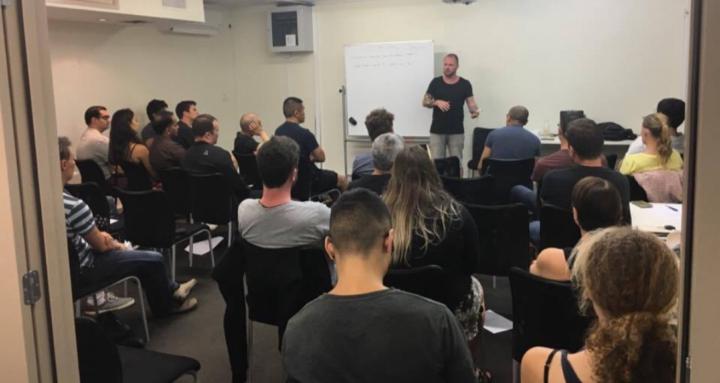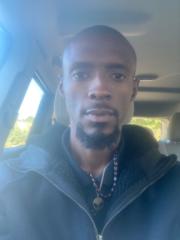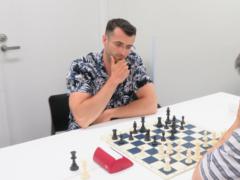Jan '25 • Daily Dose of Integrity
Building Confidence Means Losing Friends
Outgrowing Friendships: The Hidden Journey of Personal Growth
Have you ever wondered why, as you grow and change, your friendships sometimes seem to fall by the wayside? It’s a question I hear often: Has anyone else experienced a major loss of contact with old friends and networks after addressing and stopping people-pleasing behavior? The short answer is yes, and it’s a difficult, painful process many of my one-to-one clients go through.
Most of my clients come to me as people pleasers. They start working on their confidence, and one of the first behaviors we tackle is their tendency to please others at the expense of themselves. As they wind back their people-pleasing, the truth about their social circles begins to reveal itself.
The Connection Between Psychological Health and Social Circles
Here’s an opinion I hold strongly: we don’t form connections with people healthier than us. Instead, we find our match. This doesn’t mean our friends mirror us exactly, but they match our level of psychological health. This is why victims often find abusers, why avoidance meets anxiety, and why people pleasers attract users. We are drawn to those who reflect our current mental state.
As we grow and improve, our perceptions of those around us change. If they’re not growing too, it creates friction. This doesn’t mean everyone in our lives needs to be perfect—no one is—but they need to be facing in the same direction, working on themselves, or at least supportive of your growth.
The Reality of Outgrowing Relationships
In my journey, I realized that many of the people I called friends weren’t deeply connected to me. They were fun, but not the kind who would rescue me in a crisis. As I changed, many of these friendships faded away. It wasn’t because they were bad people. We simply no longer matched.
For example, many of my former friends were heavy drinkers and party-goers. As I evolved, I no longer wanted to engage in those activities. I wanted deeper conversations and meaningful connections. So, I sought out new friendships through activities like social dancing and personal development groups. I found people who shared my interests and supported my growth.
The Shift in Attraction
Interestingly, as I grew, even my physical attraction towards people changed. Women who once intimidated me or seemed out of reach now appeared as equals. I began to be attracted to confident women who stood up for themselves, rather than emotionally unstable party-goers. This shift wasn’t about them changing but about my perception evolving.
The Hard Conversations
Many of my clients face hard conversations about their inner circles. They realize that some relationships—even with family or long-term partners—are no longer healthy. It’s tough, but necessary. A key question to ask yourself is: If I met this person today, would I choose to keep them in my life?
Often, the fear of hurting others or being seen as selfish holds us back. But if someone isn’t positively contributing to your life, it might be time to let them go. A ruthless assessment of your social circle can be eye-opening. List everyone you see regularly and categorize them as positive, neutral, or negative influences. Then, focus on maintaining relationships that enhance your life.
The Influence of Your Social Circle
Remember, your social circle acts as an anchor. If you’re trying to be healthier but surround yourself with unhealthy people, their influence will hold you back. Conversely, being around motivated, positive individuals will naturally uplift you. You can’t prevent others from influencing you, so choose your influences wisely.
Conclusion
Outgrowing friends and networks is a natural part of personal growth. It’s not about blaming others but recognizing that as you change, your social needs and values change too. It’s about making space for new, healthier connections that align with who you are becoming. Embrace the journey, even if it’s tough, and know that the right people will find their way into your life.
Watch the video here:
3
5 comments

skool.com/brojo-the-integrity-army-6491
The premier self-development community for people focused on integrity, confidence, purpose, and deep connections.
Powered by





